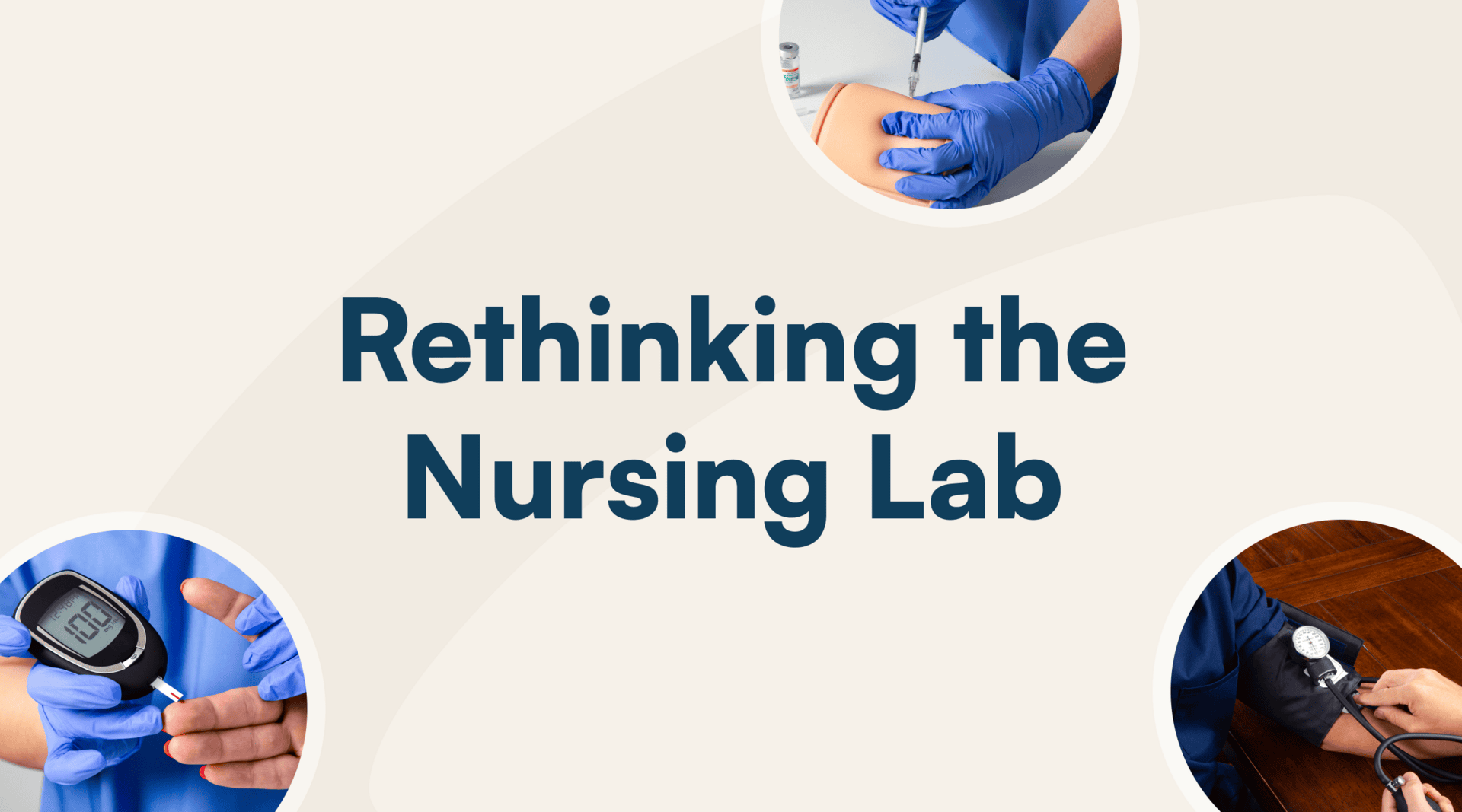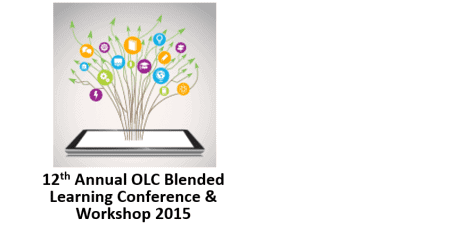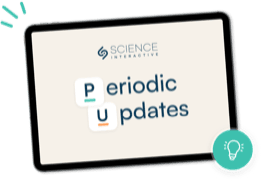Denver, CO, July 7-8, 2015 – Members of the HOL team attended the Blended Learning Conference and Workshop organized by the Online Learning Consortium in Denver.
The Blended Learning Conference is a conference devoted to the purposeful, strategic, and comprehensive approach to blended teaching and learning. The conference program included a variety of featured sessions, interactive workshops, information sessions, vendor showcases, and discovery sessions organized around four conference tracks: Teaching & Learning Effectiveness; Faculty Development & Student Support; Blended Models & Design, and Institutional Leadership & Strategy.
Although we couldn’t attend every session, we gathered some great information! Here are some of our favorite takeaways:
DIY Blended Learning: A Ready-Made Faculty Development Program
Linda S. Futch (University of Central Florida, USA)
Rohan Jowallah (University of Central Florida, USA)
- Blended learning best conceptualized as f2f-enhanced web course
- The biggest issue online is integrity
- Open educational resources (OER) from UCF’s Blended Learning Toolkit: http://blended.online.ucf.edu/morning-blend/
Sustainability Strategies for Blended Learning
Mary Niemiec (University of Nebraska, USA)
- Online effort must be consistent with mission and goals
Reinventing Faculty Professional Development
David Lyons (CU Online, USA)
Crystal Gasell (CU Online, USA)
- Focus on the end goal
- Learn the tools
- Communicate the content clearly: Modules
- Add Value!
A Checklist for Online/Blended Course Design
Brooke Buerkle (Relay Graduate School of Education, USA)
Alice Waldron (Relay Graduate School of Education, USA)
- Steps:
- Identify widely adopted best practices
- Createindicators for excellence related to our theory of action and best practices (E.g. The module includes opportunity for self reflection)
- Gather feedback on indicators
- Preliminary review of several Relay modules. Assign indicator scores.
Houston Baptist University Improves Student Achievement with the Help of Educational Technology
Vicki Alger (Houston Baptist University, USA)
- Importance of writing to enhance critical thinking:
- Develop written communication skills
- Provide alternate form of evaluation
- Encourage critical thinking skills
- Students who averaged 70% or above on their writing assignments scored, on average, higher on their final exams compared to students who scored 69% or below in their writing assignments
Learner Engagement in Blended Learning Environments: Exploring a Conceptual Framework
Lisa R Halverson (Brigham Young University, USA)
Charles R. Graham (Brigham Young University, USA)
- Engagement is indicated by cognitive and emotional energy towards learning
Jane Bozarth (Author and eLearning Coordinator, North Carolina Office of State Human Resources, USA)
- How much social media is too much? Make sure your tools support your learning objectives and beware of toolitis.
- Draw something 10 times to make it your own
- The point is to enable more learning, not generate more work
- The bottom line of social media is to connect people
- Social media is about how we can reach more people in a new way
- Social Media helps create a sense of community
- We want education participants. Not just consumers.
- Faculty goal for using social media is for students to be engaged & not just consume content
- Faculty who use social media are more likely to keep students engaged and active
Enacting the Digital Future of Health Science Education: Evaluating Blended Models at GWU
Paige McDonald (The George Washington University, USA)
Linda Cotton (George Washington University, USA)
Howard Straker (George Washington University, USA)
- Technology increases level of student reflection on learning
Walk in an Instructional Designer’s Shoes: Designing Hybrid Courses
William Egan (Penn State University, USA)
- What is Hybrid? Courses that combine Web and traditional face-to-face classroom instruction, and are organized to reduce or replace the number of required face-to face class sessions in order to improve effectiveness and flexibility. (Penn State University, 2014)
- Four types of hybrid course development: F2f to hybrid, online to hybrid, f2f/online to hybrid and from scratch!
Conducting Research in Online and Blended Learning Environments: New Pedagogical Frontiers
Chuck Dziuban (University of Central Florida, USA)
Anthony Picciano (City University of New York, Hunter College, USA)
Charles R. Graham (Brigham Young University, USA)
Patsy Moskal (University of Central Florida, USA)
- New pedagogies prompt us to ask new questions that require new research strategies
- Complexity produces: uncertain mediation, ambivalence, ambiguity
- Get the Conducting Research in Online and Blended Learning Environments book here: https://www.routledge.com/products/9780415742474
Educational Data Mining: Potentials for MOOCs and Blended Learning in Higher Education
Ryan Baker (Teachers College, Columbia University, USA)
- Most predictive indicators of those that will complete a MOOC aren’t what you’d think
- What predicts completion?
- More posts
- Shorter posts
- Linguistically more concrete posts
- Linguistically more cohesive posts
- Posting in same thread as other students who complete course
The Best of Both Worlds: Bringing Online and On-Campus Students Together with Streaming Video
Sebastien Auguste (NYU, USA)
John Vivolo (New York University, USA)
- Live steaming video is not as difficult as it may seem
- With live stream, students can participate in the course as it’s happening from the comfort of their homes
A Deeper Understanding of Student Engagement in Blended Learning Through Experience Sampling Methods
Kristine Manwaring (Brigham Young University, USA)
Curtis Henrie (Brigham Young University, USA)
Lisa R Halverson (Brigham Young University, USA)
- Relevance is the largest contributor to emotional and cognitive engagement
If Blended Learning Offers So Many Advantages, Why are So Few Institutions Adopting It?
Ron Owston (York University, Canada)
- Advantages:
- Student perspective
- Allows for flexibility in students’ study, work, and life balance
- Recent survey finds that not all students want all tech all the time
- Faculty perspective
- High satisfaction
- Adds flexibility to your schedule
- Reinvigorates teaching
- Challenges:
- Infrastructure
- No clear indication that students would benefit
- Time to design the course
- Learn new technology
- Technical Support
- Not enough assistance from instructional designers
- Student perspective
Discover more articles
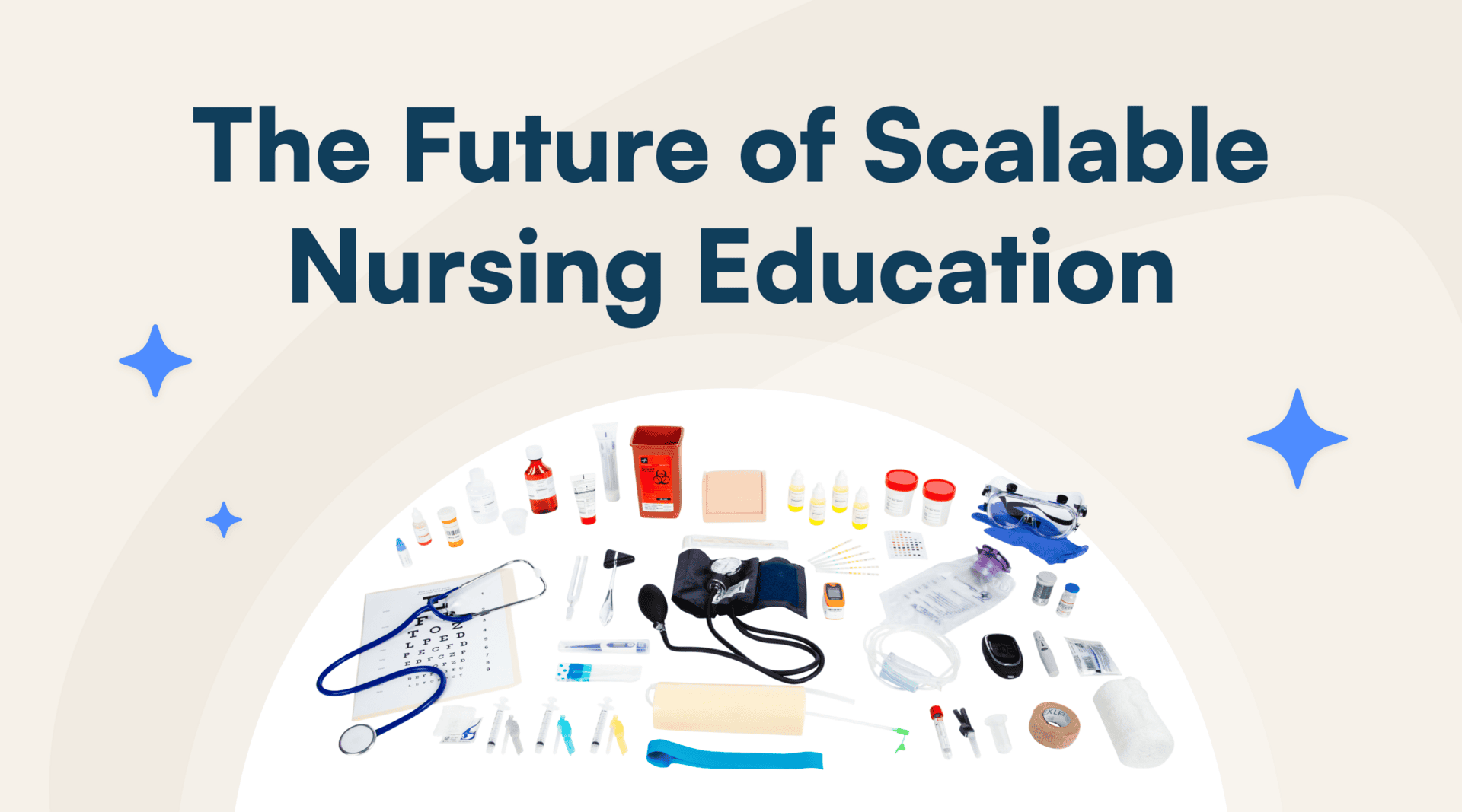
Science Interactive Launches New Nursing Fundamentals
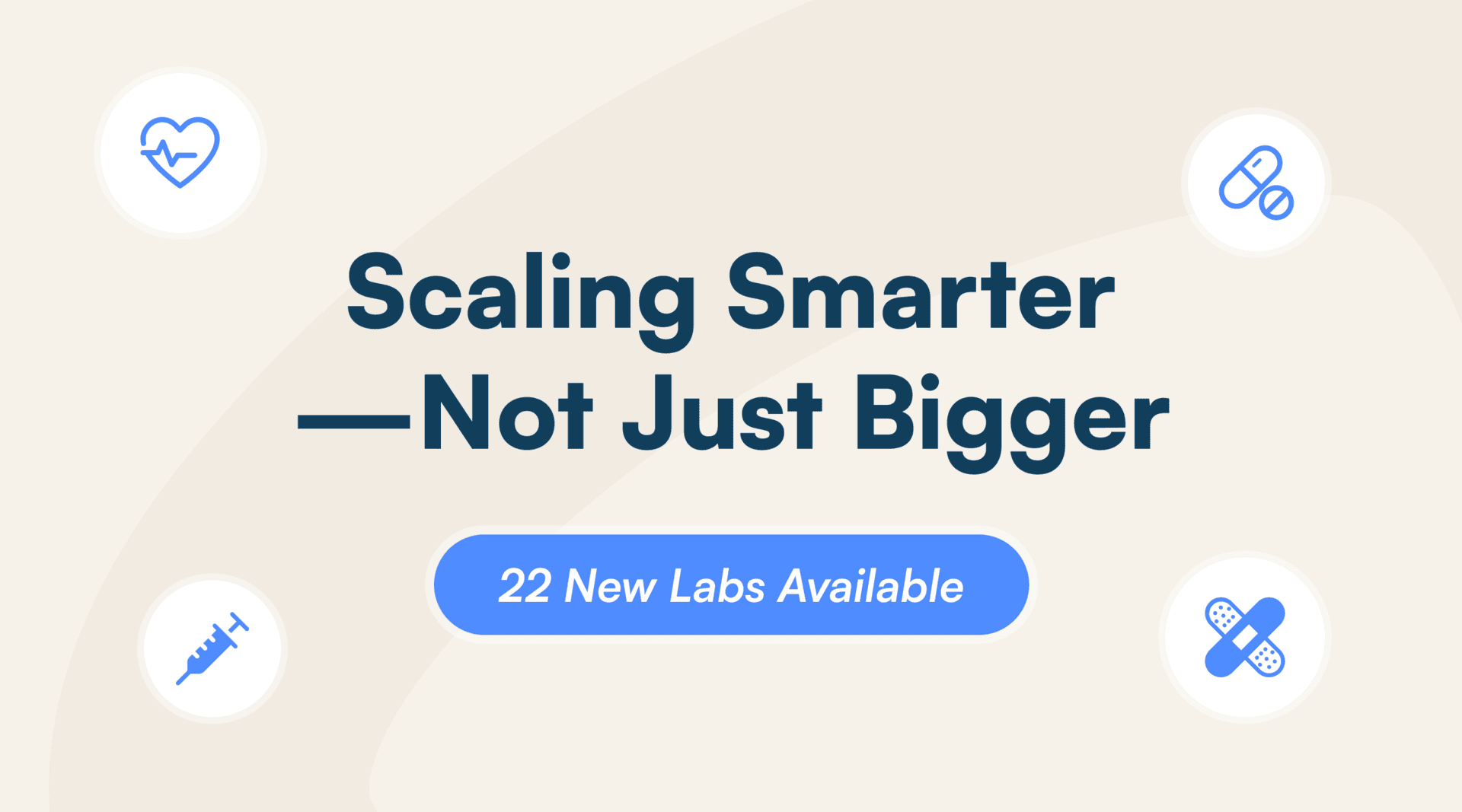
What Clinical-Ready Actually Looks Like (And How to Get There Sooner)
